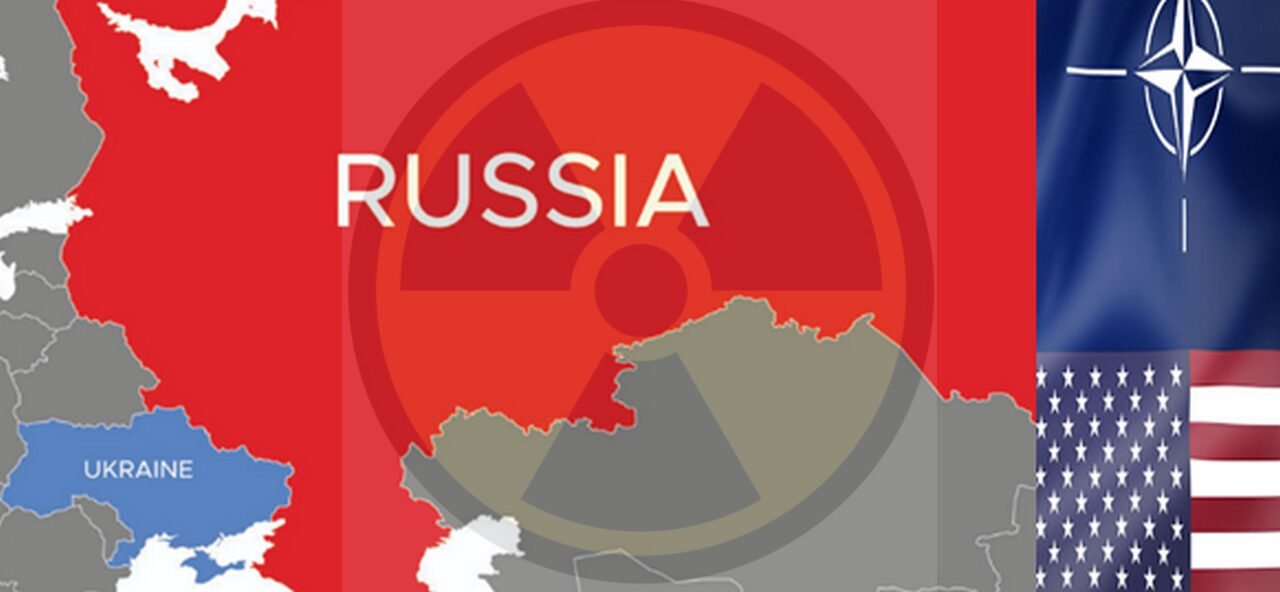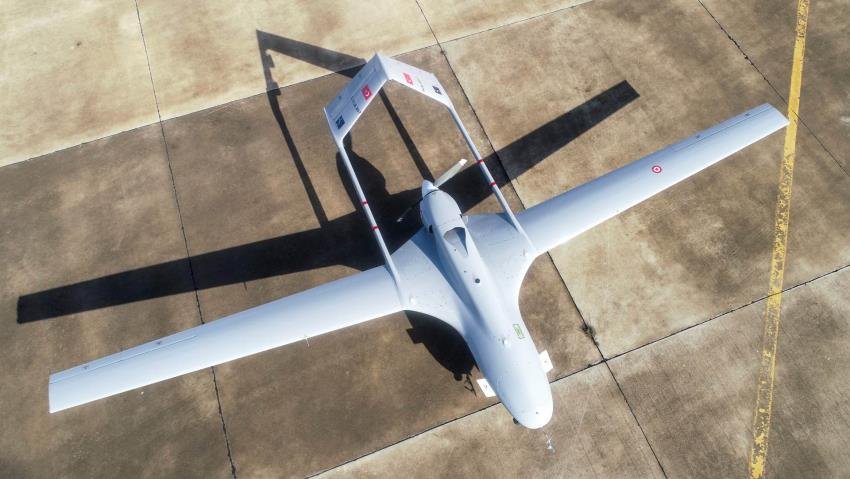ANKARA: Turkey and Iran are increasingly adopting “game-changing” drones as their weapon of choice against Kurdish rebels in northern Iraq, prompting fears for the safety of civilians and stoking geopolitical tensions.
“Not a day goes by without us seeing a drone,” said Mohammad Hassan, mayor of Qandil, the mountainous Iraqi stronghold of Turkey’s outlawed Kurdistan Workers’ Party (PKK).
“They fly so low Qandil’s residents can see them with their naked eye,” Hassan said.
The PKK has used Qandil for decades as a rear-base for its insurgency against the Turkish state.
The Democratic Party of Iranian Kurdistan (PDK-I) has similar rear-bases in other remote areas of Iraqi Kurdistan, from which it launches attacks across the border into Iran.
Turkey and Iran consider the Kurdish rebels as “terrorists” and routinely conduct cross-border ground assaults, air strikes and artillery bombardments against their Iraq bases.
Starting in 2018, both countries began using unmanned aerial vehicles (UAVs) for surveillance and even targeted assassinations in northern Iraq.
Drone use has expanded dramatically since Turkey launched a new assault in June, analysts and residents of affected areas said.
Activists said dozens of border villages and adjacent farms have been abandoned by their terrified residents.
The drone strikes have also prevented thousands of Yazidis from returning to their homes in Sinjar district, close to the Syrian border, where PKK elements now have a presence.
“The Turkish bombing causes so much terror, so Yazidis are not coming home,” Sinjar mayor Mahma Khalil said.
‘Mistrust, irritation’
Despite public criticism, Turkey has continued its drone warfare — likely because of new strides against the PKK.
For years, the PKK sheltered in Iraq’s mountains, where manned warplanes and ground troops struggled to reach them.
But drones have allowed Ankara to track, identify and eliminate PKK targets within minutes, Nicholas Heras of the Institute for the Study of War said.
“Turkey’s use of military drones in northern Iraq has been a game-changer in its war against the PKK,” he said.
Ankara is now swapping expensive fighter-bombers like the US F-16 for drones like the domestically-produced Bayraktar TB2, which has better surveillance, can fly for 24 hours and is cheaper — so “expendable” if downed by the PKK, said Turkish drone expert Sibel Duz.
In an exclusive interview in Qandil, PKK spokesman Zagros Hiwa said Turkey had created a 15 kilometre (10 mile) buffer zone in northern Iraq with the help of its drones.
“Our forces have downed seven drones this year,” he said, declining to provide details of PKK losses.
The PKK has had limited success with improvised drones of its own, commercial models fitted with explosives.
A US source familiar with Turkey’s drones programme said US special operations forces in northern Iraq were bristling at the new “frequency and intensity” of strikes.
“The Turks are overflying US positions with armed assets, which is a no-no. There is general mistrust and irritation over all this,” the source said.











